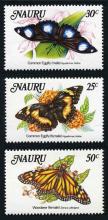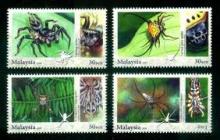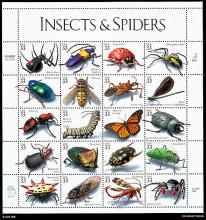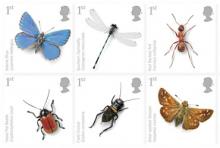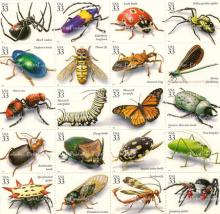PvdD vraagt het kabinet voor 22 januari 2013 te reageren op EFSA-rapport over bijensterfte
De Partij voor de Dieren (PvdD) heeft het kabinet gevraagd om voor 22 januari 2013 te reageren op de conclusies van het EFSA-rapport over bijensterfte. Het onlangs verschenen onderzoeksrapport van het Europese agentschap voor voedselveiligheid EFSA brengt drie bestrijdingsmiddelen uit de groep neonicotinoïden, waaronder imidacloprid (Admire) in verband met de toegenomen bijensterfte. De neonicotinoïden worden veel in de land- en tuinbouw gebruikt als insectenbestrijdingsmiddel. Dinsdag 22 januari vergadert de Tweede Kamer over het onderdeel Landbouw en Natuur van de begroting Economische Zaken.

